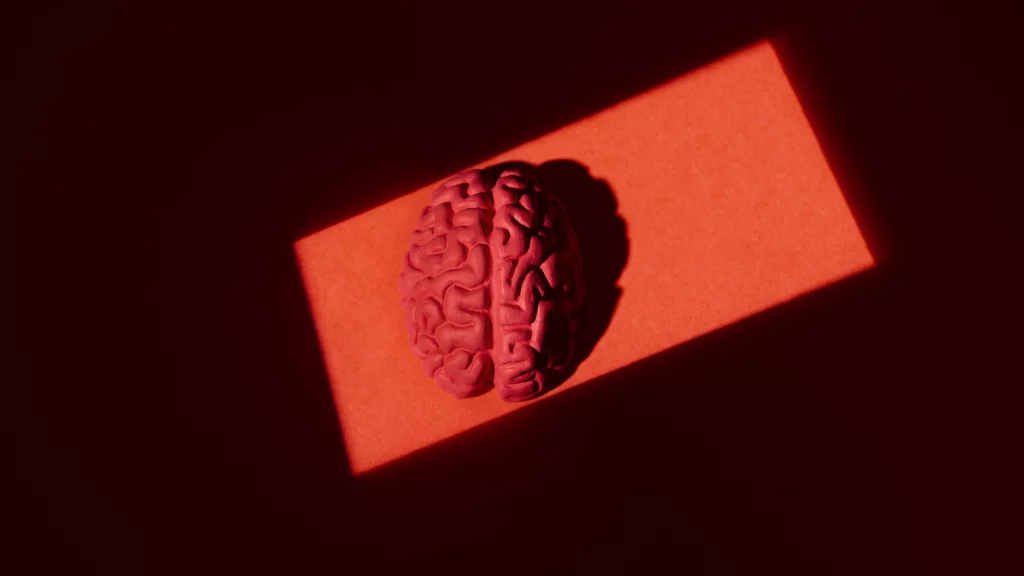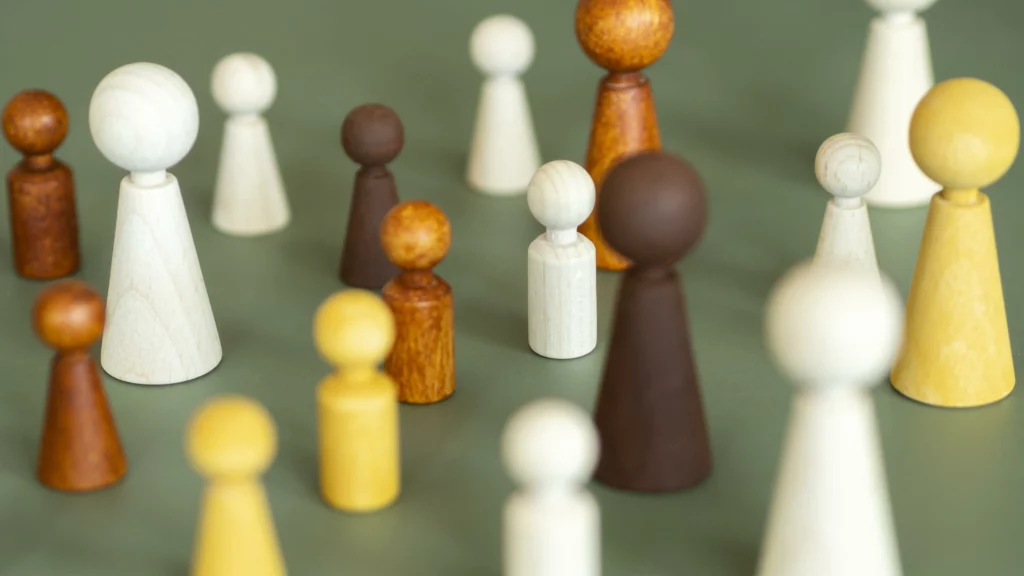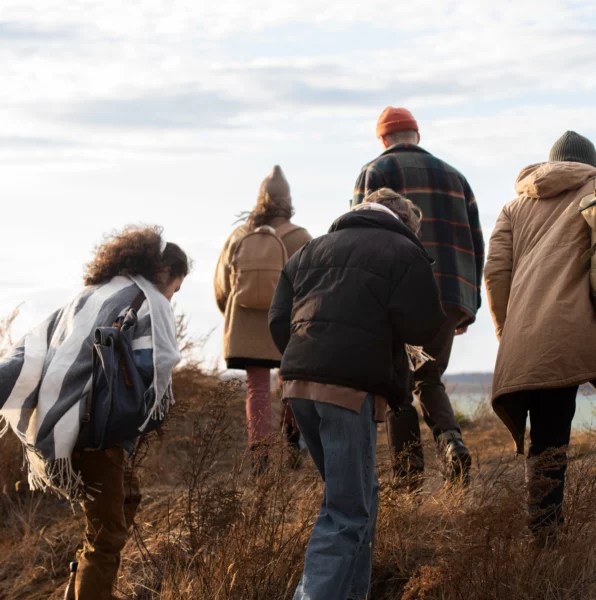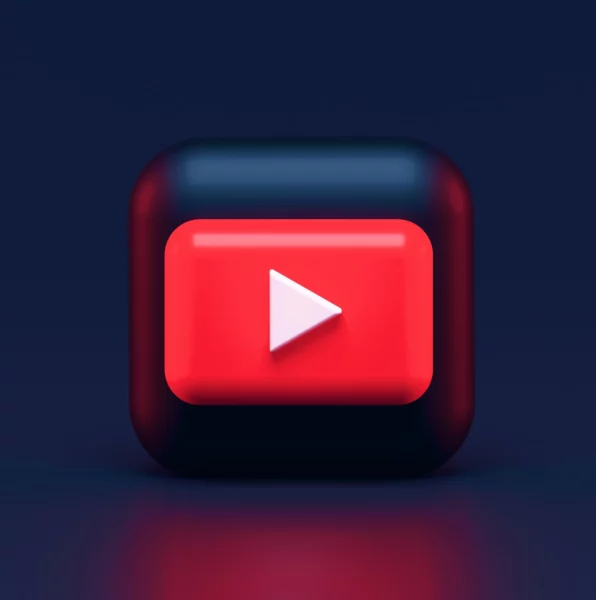What are the main issues, challenges and debates in the field of science communication in the Arab world? Are there any differences compared to Western countries? Mohamed Elsonbaty Ramadan, co-founder of the Arab Forum of Science Media and Communication and vice president of the PCST Network, provides an overview of current issues and discussions.
„In the Arab world, people believe in science“
Mr. Elsonbaty Ramadan, with the upcoming annual Arab Forum of Science Media and Communication you want to promote science communication in the Arab world. How did you become a science communicator yourself?
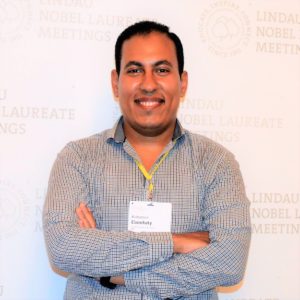
I first studied pharmacy at Alexandria University in Egypt. In the year before graduation I had the opportunity to participate in the science communication competition FameLab. I went to the finals and was able to attend a two-day workshop on science communication. That was the first time I came into contact with the field. I decided to continue with science communication alongside my job as a pharmacist and participated in a science festival, where I conducted experiments for children. Then I met some people who had just launched a local science news website in Alexandria and were looking for science journalists. I said: „Why not?“ So, I quit my job as a community pharmacist and joined them.
When did you decide to pursue a master’s degree in science communication?
At the time, it was a bit difficult to get a foothold in the field because, honestly, there was no one to learn from. I started working as a science communication specialist at the Physics Department of the American University in Cairo. We went to schools and underserved communities outside the major cities Alexandria and Cairo with a portable planetarium and performed a science show. We tried to raise awareness and interest in science. During that time I felt like: „I am doing a lot, but I haven’t properly learned how to do this.“ It was mainly trial and error, as well as watching videos and reading articles. So I applied for a master’s degree in Science Communication and Public Engagement at the University of Edinburgh funded by the Chevening scholarship from the British government. I was happy to become the first Egyptian to have an academic degree in the field of science communication. Later on, as a science communication development officer, I led a team at The American University Cairo. I then started to build capacities and to transfer what I had learned in the UK.
In a PCST webinar you said that it was not always easy to apply what you had learned in the UK to a different context. Why was that?
In Europe the focus is to shift from the deficit model to more participatory forms of science communication. I would say that is challenging to apply to Egypt and probably also to other places in the Arab world.
In Europe, I learned that the deficit model is considered an outdated model, but when I returned to Egypt I start to realize that it really depends on the context. For example, I am not sure if citizen science may work in Egypt, where the legal framework for such participatory projects is not well-developed yet. Also, I would say that many of these kinds of participatory activities require a certain level of democracy that doesn’t exist everywhere. What is available in the Western world might not be available in every country of the global South. And what will work in Egypt might not work in Subsaharan Africa or Latin America, for example. That is what I am trying to focus on through my participation in the PCST network and through activities in other global networks. I was happy to see at the last PCST conference there was a huge focus on diversity, equity and inclusion and a lot of speakers from the Global South presented their work.
When did you come up with the idea of founding the Arab Forum for Science, Media and Communication (AFSMC)?
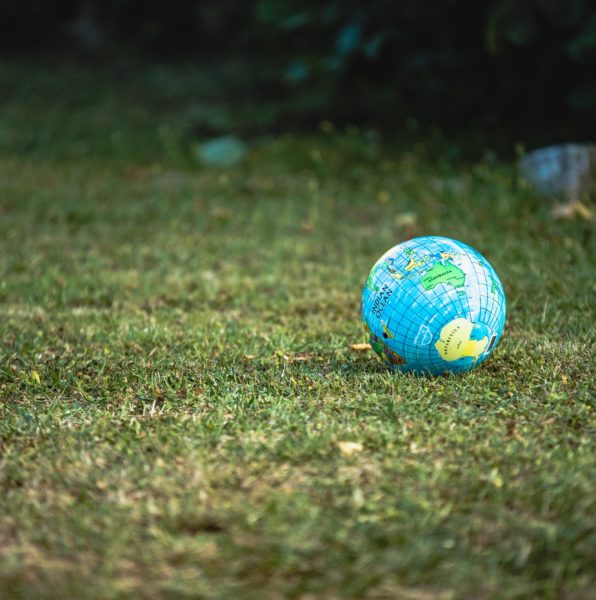
What happened then?
In 2021 we came up with the idea of a virtual event in order to build a network and gather stakeholders in the field including NGOs, people working in the museum sector and science education, policy makers, journalists and media professionals, undergraduate students in STEM and media studies as well as scientists. It was a huge success. We welcomed more than 500 participants from across almost all the Arab speaking countries.
We decided to continue the following year and to develop further activities like monthly webinars and a newsletter. This year will be our first hybrid annual event in a partnership with the University of Sharjah in the United Arab Emirates. We also want to engage more globally in this conversation about science communication, because I think the entire science communication community lacks perspectives from the Global South.
Which actors engage in science communication in the Arab world?
Speaking of the ecosystem of science communication, I would say that informal science education is most important. Every country has at least one science museum, which provides many activities. In Egypt we have the Bibliotheca Alexandrina with a science center and a planetarium.
What about scientists activities on social media?
This field starts to get bigger and bigger. There are lots of scientists who are interested in communicating science. But because there is no formal way of doing so they do it as individuals, for example on YouTube. The most famous one is the Egyptian Ahmed El Ghandour who plays the character of a nerd called El-Daheeh. He started six, seven years ago. Now when he has a new episode on YouTube, after three or four days it reaches more than a million views. His success was an inspiration for others, most of them graduates of STEM subjects. They are also posting on Facebook which is more popular than Twitter or TikTok.
What role does science journalism play?
There are some media outlets specialized in science but they are mostly Arabic editions of Western outlets like for example Scientific American Arabic edition, Popular Science Arabia and SciDev.Net MENA. The few Arab media devoted to science come and disappear due to lack of sustainability. Not all the newspapers, rather big nonspecialized media like Al Jazeera or BBC Arabic have science sections on their websites.
In Germany communicating about climate change is a source of controversy, as are topics such as vaccinations. What about Arab countries, are there topics in science communication, which are more contested than others?
From what I noticed, in the Arab world, people believe in science. But nowadays there is also more and more distrust. When Covid vaccines came – a bit later than in Western countries – people would also import this kind of vaccine hesitancy. That was really interesting. People who can read in English were confronted with myths about how people are chipped and started to promote that in Arabic as well. The same applies for climate change.
A highly tricky and controversial issue in the Arab world is evolution. Lots of science communicators – including myself – are avoiding to talk about it. In general, the Islam has no conflict with science. Our religion encourages people to study science and to become scientists. I think this kind of science-religion conflict has in part been imported from Europe, where it has a long tradition. In the Arab world there were no such conflicts in the Middle Ages. Science was flourishing. But recently some people started to realize that science can be used as a tool for promoting atheism.
Currently there are scientists, academics and muslim scholars sitting together and trying to find common ground. I would say there is nothing in general against evolution. However, some understandings of the religious scripts perceive the presence of a conflict between evolution and religion, which has been extended to the relationship between science and religion.
What are the biggest challenges for training and education in the field of science education in the Arab world?
I would say that one of the biggest challenges is that there are no university degrees in the field. There is one in science journalism in Algeria but it is in French. That is why with AFSMC we are interested in providing opportunities to build capacities. This year we are dedicating a full day of workshops to this goal. I am working a lot on establishing programs or online courses, for example with the British council and the Deutsche Welle Akademie. We also developed a practical guide for science journalists in Arabic. One of our future projects is that we are trying to establish a degree or at least one course on the subject of science communication in partnership with a university.
I think this is a golden moment to invest in capacity building for science communication in the Arab world. We’ve reached what I call a critical mass of people working in this space and we’re going to have a snowball effect that’s going to make science communication really big.
